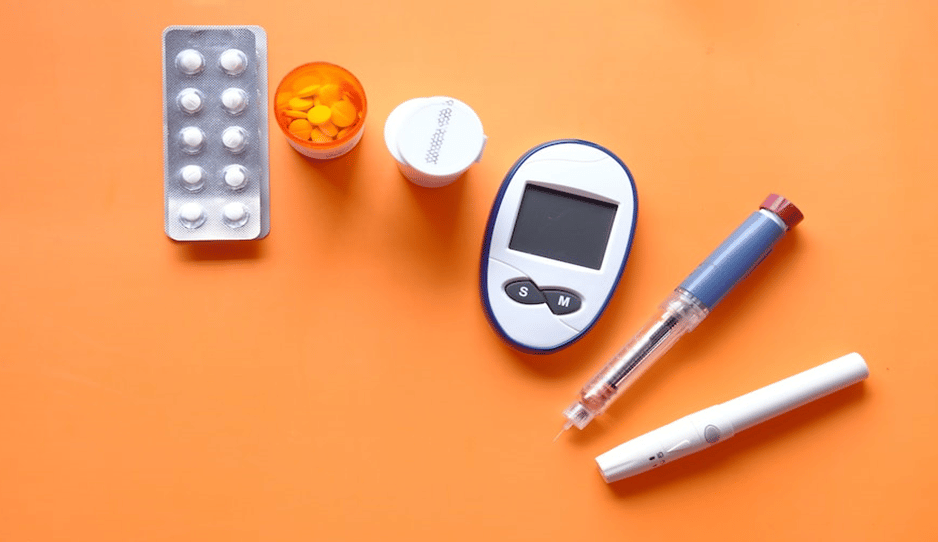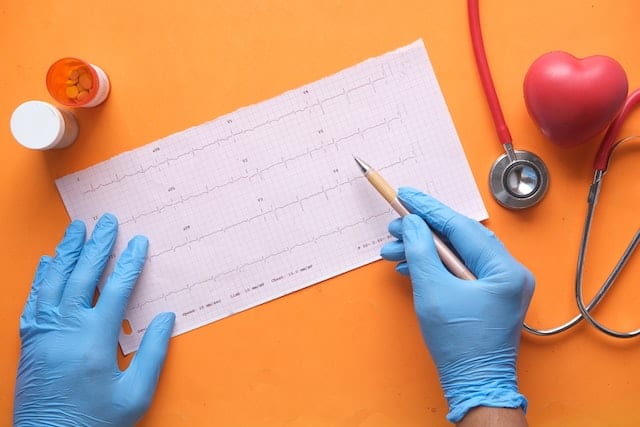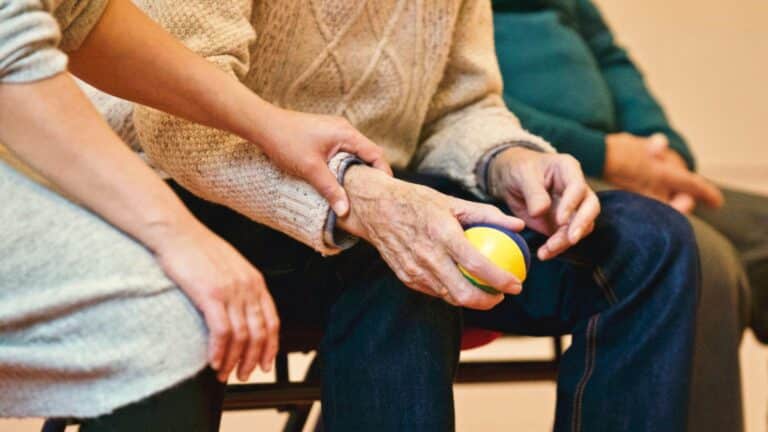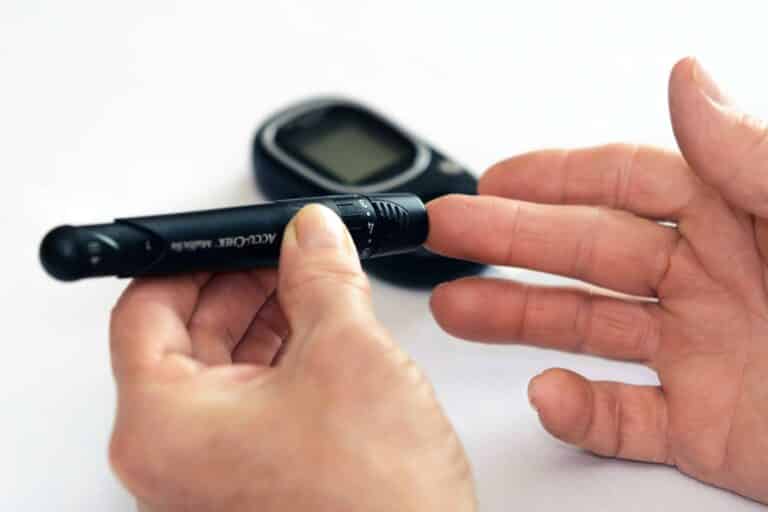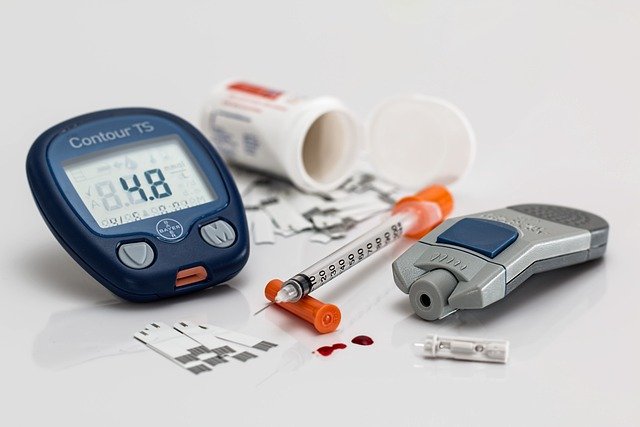How to Manage Complications of Diabetes Among the Elderly
Diabetes is a chronic disease that affects people of all ages, including the elderly. Diabetes, both Type 1 and 2, affects different body parts and organs. If uncontrolled, diabetes can cause serious health issues, including heart disease, eye problems, stroke, kidney disease, and nerve damage. While advances in medicine have improved diabetes management, managing diabetes and preventing complications in aging patients can prove challenging due to several issues, including insulin resistance and multiple drug therapy.
Older adults have multiple chronic illnesses, making it difficult to manage diabetes effectively. Aging patients with diabetes in care homes, such as Longhouse, mostly battle hypoglycemia because of multiple drug regimens, impaired glucose counterregulation, and age-related decline in kidney and liver function. The tips below can help care providers manage complications of diabetes among the elderly.
1. Close Monitoring
Elderly patients with diabetes should be monitored closely for various health indicators. Caregivers should prioritize monitoring blood sugar levels to avoid various complications. Unstable blood sugar levels are known to accelerate the process of aging and increase the health risk of different diabetes complications.
Apart from blood sugars, caregivers should also monitor blood pressure and blood lipid (triglycerides and cholesterol) levels. This prevents atherosclerosis, which is the hardening of arteries. Maintaining body weight is also crucial in preventing different complications of diabetes among the elderly.
2. Physical Activity
Aging persons should maintain physical activity for various benefits. Most effects of aging, such as reduced aerobic capacity and slow metabolism, are directly associated with decreasing muscle mass. While exercises for senior adults can’t help them grow their muscle mass, they help maintain muscle mass and ward off potential complications.
Simple aerobic exercises, such as walking, swimming, and bicycling, can lower blood sugar levels for diabetic patients. As stamina increases, exercise promotes weight loss and decreases the risk of stroke and heart disease. Aerobic exercises also help improve bone density, which decreases with advancing age and prevents progressive osteoarthritis. Yoga, tai chi, and other simple exercises also boost flexibility and balance, which prevents falls.
3. Proper Diet
A proper diet also helps minimize complications of diabetes among the elderly. For starters, aging persons with diabetes should adhere to a diabetes meal plan, a diet designed to control the patient’s blood sugar level, maintain a healthy weight, and regulate blood lipid levels. Diets rich in plant-based foods reduce the risks of developing common diabetes complications, especially heart disease. Unfortunately, advanced age makes it impossible for the elderly to absorb all nutrients from food, making supplements an important part of the diet.
4. Encourage a Healthy Lifestyle
Caregivers should also encourage the elderly to give up their vices and adopt a healthy lifestyle to manage and minimize diabetes complications. Aging persons who smoke or drink alcohol should be encouraged to quit. Heavy drinking is associated with several conditions, including psychiatric issues, sleep problems, and nerve damage. On the other hand, smoking robs the elderly of vitality and lowers their aerobic abilities.
Endnote
Elderly patients often suffer from various complications of diabetes, such as eye problems, cardiovascular issues, kidney failure, and foot problems. While aging is inevitable, elderly patients diagnosed with diabetes can improve their overall health and well-being and live a meaningful and energetic life in later years by observing the tips mentioned above.

